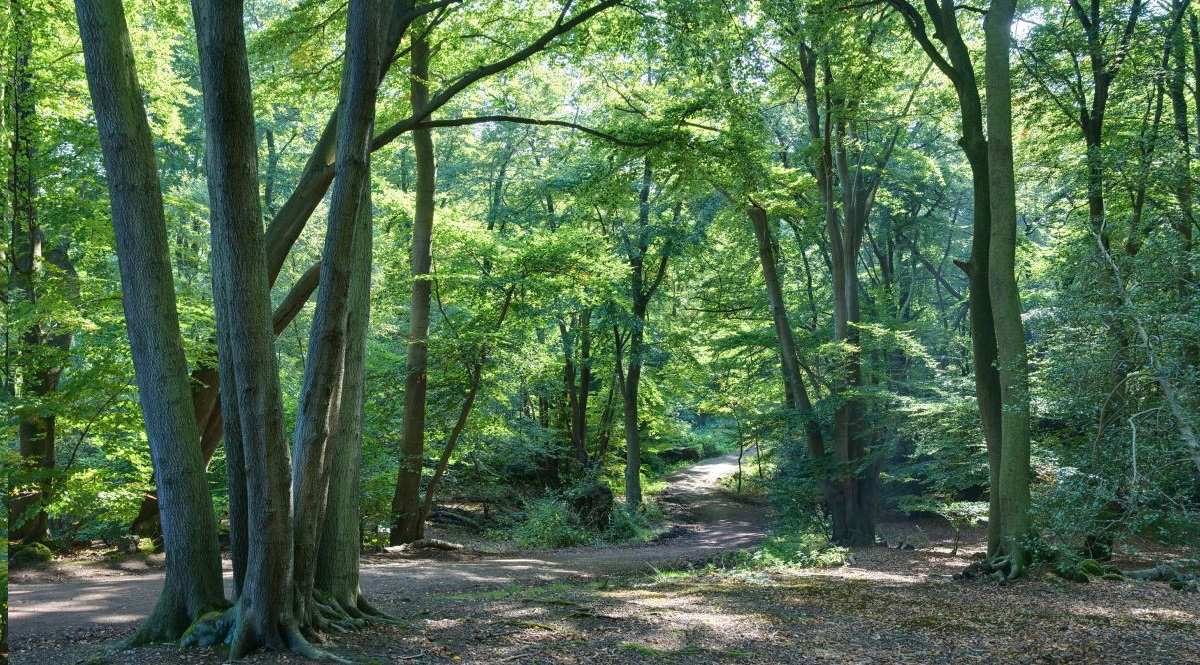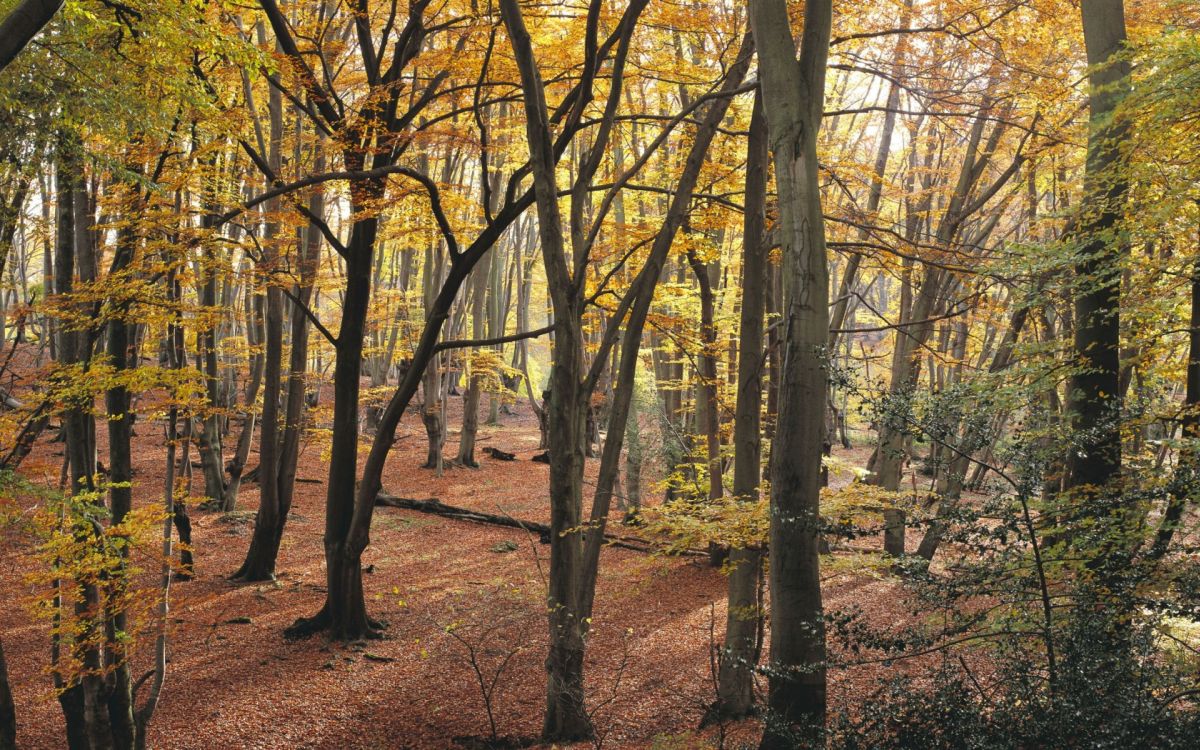
There is a shortage of good quality commercial forests in the UK, according to a new report.
The forestry sector has said there was a 'once in a lifetime' strong financial case for creating new forests.
"Indeed, it is less than one week since the announcement of new government support for productive new woodlands in England, as all of the UK governments are recognising the role which productive woodlands can play in terms of timber production, carbon sequestration, wildlife conservation and flood amelioration," Jason Sinden of Tilhill Forestry said.
Lack of recent planting

Jason Sinden director of investment and property for Tilhill Forestry says investment returns in the sector are good, but that there is a shortage of good quality forests, especially in the younger age categories: "The UK timber processing industry is continuing to grow and develop as the forests, planted in the 1970’s and 1980’s mature.
"However, the lack of more recent planting means that there will be a shortage of timber in around 20 years’ time. Investors planting productive new forests now will be an excellent position to benefit from this and there is also a ready market for young forests."
In Scotland, the forest industry is worth over £1bn annually, making it bigger than the fishing industry and its benefits are increasingly recognised by the Scottish government.
Market dominated by Scotland
Fenning Welstead from John Clegg & Co says low interest rates are a good reason for having a proportion of a portfolio’s assets in forestry.
But one of his main concerns is the need for re-stocking: "Given statistics showing that restocking of felled conifer crops is lagging behind the harvested area, we are at risk of losing productive forest area at a time when the demand for timber shows every sign of increasing. Paying attention to the quality of restocking is vital to the long-term capital value of your forest.
"Creating new forests, however, is as important as restocking and more farmers are looking at releasing land to create outstanding forest resources for the future, potentially offering greater integration with farming."
During 2016, a total of £79.19 million of forest properties traded. This is a drop from 2015’s record sales of £150 million, but that figure was heavily influenced by the sale of the UPM Portfolio for £50 million.
The 2016 sales figure is in line with that from 2014 at £82.85 million. The market was once again dominated by Scotland with 67% of the sales recorded.
England recorded 29% of the sales, an unusually high proportion, due to a number of larger properties than are normally seen in England coming to market.
